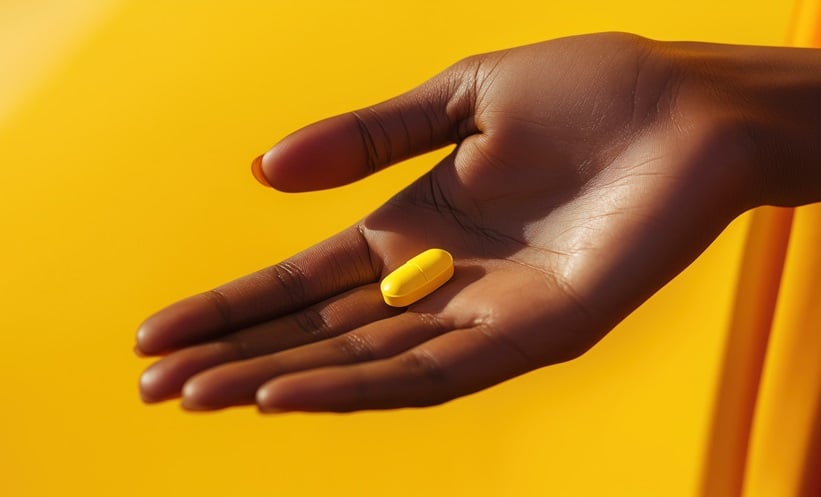CLINICAL pregnancy rates following luteal phase support (LPS) in fresh day 3 embryo transfer (ET) cycles were comparable between vaginal micronised progesterone tablets and 8% vaginal progesterone gel, suggesting that both are effective options for in vitro fertilisation (IVF) treatment.
Luteal phase support is a routine aspect of assisted reproductive techniques, aimed at compensating for progesterone deficiencies following controlled ovarian stimulation. While vaginal progesterone is widely used, the optimal delivery method for LPS remains uncertain. A recent retrospective study compared the efficacy of vaginal micronised progesterone tablets and vaginal progesterone gel using real-world data from a university hospital, focusing on their impact on clinical pregnancy outcomes.
This retrospective analysis included 459 IVF/intracytoplasmic sperm injection cycles performed between 2005 and 2019, all followed by fresh day 3 ET. Vaginal micronised progesterone tablets were used in 65 cycles, while vaginal progesterone gel was used in 394 cycles. Patients using progesterone tablets were older (36 vs. 34 years), more likely to have primary infertility (78.5% vs. 61.4%), and had fewer retrieved oocytes (seven vs. nine) and transferred embryos (two vs. three) compared to those using progesterone gel. To address these baseline differences, statistical adjustment was performed using doubly robust inverse probability weighting with covariate balancing propensity scores and regression adjustment. The adjusted odds ratio for clinical pregnancy in the progesterone tablet group compared to the gel group was 1.10 (95% CI: 0.96–1.26), indicating no statistically significant difference in pregnancy outcomes between the two groups.
The findings suggest that vaginal micronised progesterone tablets and vaginal progesterone gel are equally effective for LPS in fresh day 3 ET cycles. This equivalence allows for flexibility in clinical practice, with the choice of progesterone formulation potentially guided by patient preference, tolerance, and availability. Future research may focus on long-term outcomes and patient-reported experiences to further refine LPS protocols in assisted reproductive techniques.
Abigail Craig, EMJ
Reference
Han SJ et al. Comparison of the efficacy of vaginal micronised progesterone tablet and gel for in vitro fertilisation. J Obstet Gynaecol. 2025;45(1):2436518.








